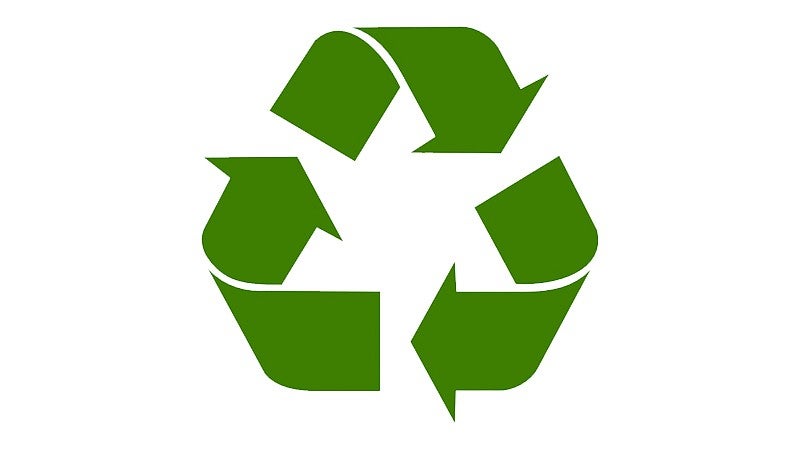Procurement of Sustainable Products and Services.

Committed to supporting the University’s mission to “enhance the social, cultural, physical, and economic wellbeing of our students, Oregon, the nation, and the world”, Purchasing and Contracting Services (PCS) works to perpetuate the purchase of supplies and services that reflect the institution’s values, support its academic endeavors, and generally allow the University to steward resources well. PCS adopted a “Best Value” perspective years ago. This approach allows University buyers to consider factors other than price when making their purchases. Buyers may consider operational costs, warranties, upgrade and end of life considerations, sustainability attributes, and so on.
Sustainability considerations may include selecting products and services with:
- Recycled and recyclable content
- Non-toxic and sustainably sourced materials
- Social equity policies
- Energy efficiencies
- Regional manufacturing
- Durability or ease of upgrading
- Environmental certification by third-party certifiers
- Zero waste practices
Purchases often have large upstream production impacts. Choosing more sustainable products and services leads to a host of potential benefits, including:
- Proactively protects the environment, biodiversity, and human communities.
- Long-term cost reduction.
- Increased innovation.
- Reduction in waste, carbon emissions, energy, and water consumption.
- Supports fair economic growth.
- Reduces risk.
- Bolsters reputation and stays consistent with University’s mission.
New PCS Sustainability Action.
PCS encourages procuring items and services with lower negative impacts that support the University’s values. To push this forward and to make contractors aware of University of Oregon goals, PCS added sustainability language to the University Standard Terms and Conditions and to competitive procurement documents.
The language added to the Standard Terms and Conditions is as follows:
“Sustainable products and services. Sustainable Products and Services are products and services with a reduced negative impact on human health and the environment when compared to competing products and services serving the same purpose (“Sustainable Products and Services”). Contractor will use Sustainable Products and Services to the maximum extent possible when performing the work under this Contract. Upon request by University, Contractor will provide a report detailing the use of Sustainable Products and Services when performing work under this Contract. Suggested categories that may be included in the report include green office and energy efficiency practices; support for underserved populations; sustainable material sourcing; waste reduction; water conservation measures; and sustainability practices and policies.”
The Request for Quotes, Requests for Proposals, and Alternative Procurement competitive procurement documents now include this evaluation criteria:
“Sustainability. University is interested in environmentally, socially, and economically sustainable products and services when compared to competing products and services serving the same purpose.
Discuss how your agency's sustainability efforts might be incorporated into or benefit the work performed for or deliverables supplied to the University. Suggested categories of discussion include energy efficiency practices; support for underserved populations; environmental certifications of products supplied, sustainable material sourcing; waste reduction; water conservation measures; etc. What measures will your agency take to minimize negative impacts to the environment in the delivery of the products and services?
For more information regarding University’s sustainability goals, please refer to the University’s Comprehensive Environmental Policy website at https://cpfm.uoregon.edu/Policy-Sustainability.”
University Buyers.
Teams involved in procurements and contracts can take this a step further by including environmentally protective requirements specific to the product or service. For example, if you are on a team purchasing major equipment with various power source potentials, you may include more environmentally friendly fuel requirements, state that non-toxic materials be used during manufacturing, detail that the vendor take back the item for repurposing at the end of its useful life, and you can even specify that there be no idling of vehicles during delivery. Contractors innovate regularly. Ask them how they can assist your team in reducing the negative environmental impacts of the items you buy.
University buyers play a role in stewarding the environment through their purchasing choices. PCS empowers buyers to choose their purchases from a holistic framework and reduces the obstacles to do so. Best value? More sustainable? Your team can make the best choice for your projects and for the health of the environment!
Find out more about sustainable purchasing and sustainability goals and actions around campus.
